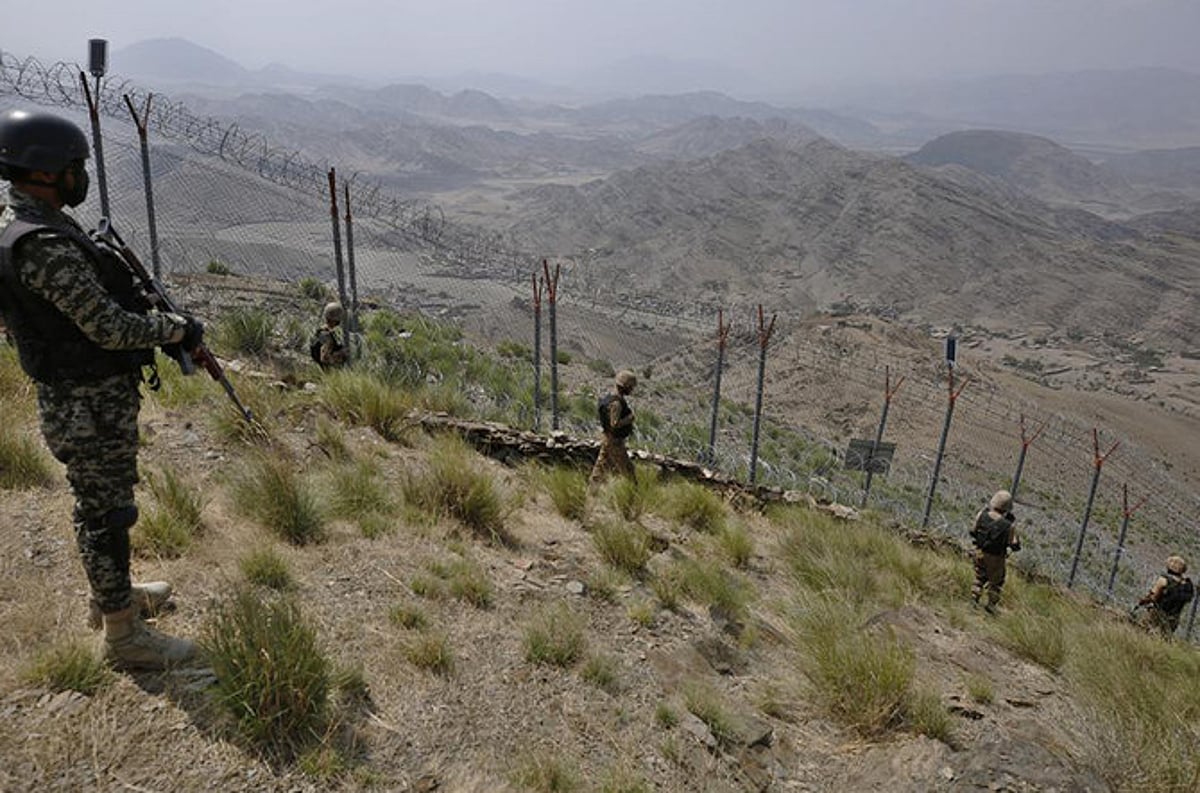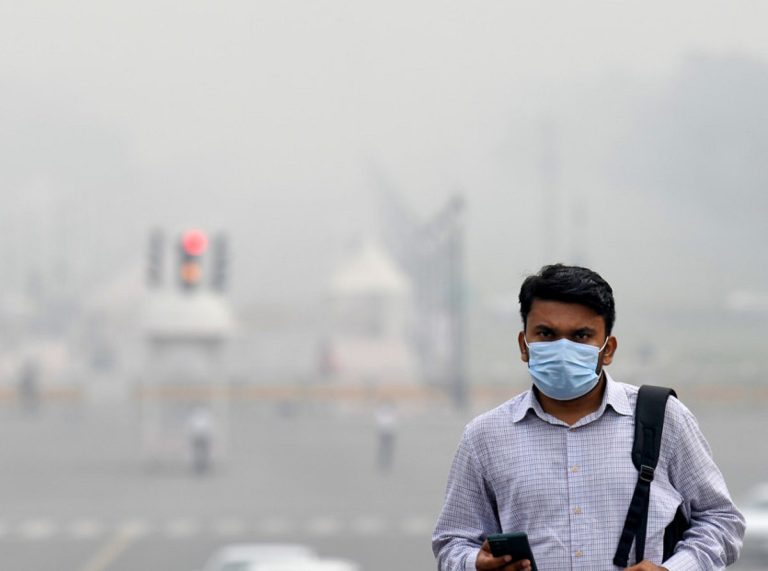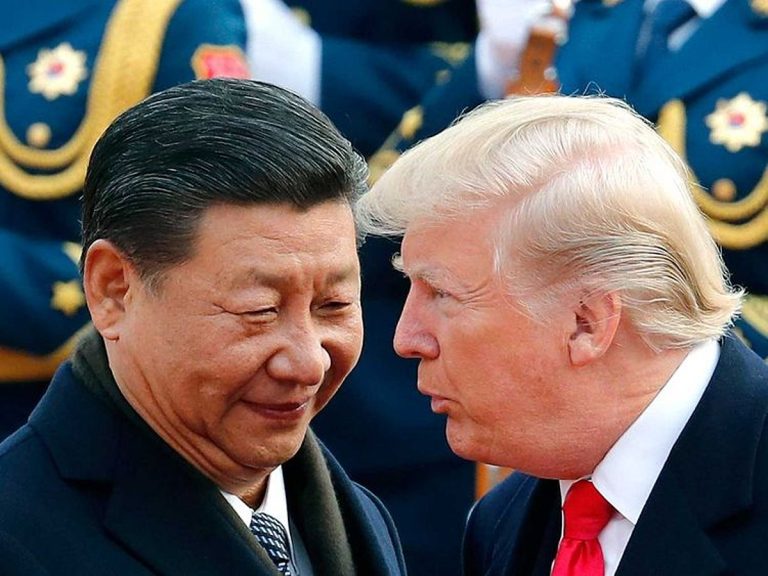Clashes at Pakistan-Afghanistan Border Escalate Tensions
Recent clashes along the Pakistan-Afghanistan border have marked a significant escalation in hostilities between the two nations. Both Islamabad and Kabul have exchanged accusations regarding the initiation of these conflicts, which have intensified since the Taliban regained control in Afghanistan in 2021. The situation has raised concerns about regional stability and security.
Overview of the Clashes
Over the weekend, heavy fighting erupted at multiple locations along the border, including Angoor Adda, Bajaur, Kurram, Dir, Chitral, and Bahram Chah. Pakistan’s state media reported that its security forces launched retaliatory operations in response to what they termed “unprovoked firing” from Afghan forces. The Pakistani military utilized artillery, tanks, and drones to target Afghan positions, claiming to have captured 19 Afghan border posts involved in the attacks.
Footage aired by Pakistan’s state broadcaster PTV depicted burning border posts and Afghan soldiers allegedly surrendering. Pakistan also asserted that it destroyed several Taliban installations, including the Manojba battalion headquarters and Kharchar Fort.
Accusations and Counterclaims
The recent clashes followed accusations from Afghanistan that Pakistan conducted airstrikes in Kabul and eastern provinces, a claim that Islamabad has neither confirmed nor denied. Pakistan’s Interior Minister Mohsin Naqvi condemned the Afghan attacks, labeling them a “blatant violation of international laws” and asserting that the armed forces responded effectively.
Both President Asif Ali Zardari and Prime Minister Shehbaz Sharif condemned the provocations, emphasizing that Pakistan would not compromise on its national defense. Zardari pointed to United Nations reports suggesting that terrorist activities in Pakistan were being orchestrated from Afghan territory, urging the Taliban to take decisive action against militants operating from within Afghanistan.
Taliban’s Response
In response, Zabihullah Mujahid, spokesperson for the Taliban government, claimed that Afghan forces had captured three Pakistani border posts and inflicted significant casualties, asserting that 58 Pakistani soldiers were killed and 30 wounded. He warned Pakistan to refrain from using force, cautioning that such actions could lead to negative consequences.
The Afghan Ministry of Defence stated that its operations concluded at midnight but pledged to respond firmly to any future violations of Afghan territory. Kabul has consistently denied harboring the Tehreek-e-Taliban Pakistan (TTP), a militant group that Pakistan accuses of launching attacks from Afghan soil.
Regional Reactions
The escalating tensions have drawn international attention, with Iran, Saudi Arabia, and Qatar calling for restraint and dialogue. Saudi Arabia expressed concern over the situation, urging both nations to engage in dialogue and exercise wisdom. Qatar reiterated its commitment to regional stability and emphasized the importance of diplomacy over escalation.
Ongoing Security Concerns
Tensions between Pakistan and Afghanistan have been on the rise in recent months, fueled by a series of deadly cross-border attacks that Islamabad attributes to militants based in Afghanistan. Pakistan has expressed frustration over repeated assaults on its security forces, particularly in border provinces like Khyber Pakhtunkhwa and Balochistan.
The TTP, which Pakistan views as an ally of the Afghan Taliban, has claimed responsibility for several deadly attacks within Pakistan, including incidents that resulted in the deaths of over 20 security personnel this week. Since the Taliban’s takeover in August 2021, Pakistan had hoped for improved border security and cooperation; however, relations have deteriorated, with both sides accusing each other of sovereignty violations and harboring militants.
The closure of the Torkham border crossing on Sunday further underscores the severity of the situation, disrupting trade and travel between the two neighboring countries.
FAQs
What triggered the recent border clashes between Pakistan and Afghanistan?
The clashes were triggered by accusations from both sides, with Pakistan claiming unprovoked attacks from Afghan forces and Afghanistan alleging Pakistani airstrikes on its territory.
How have the governments of Pakistan and Afghanistan responded to the situation?
Both governments have condemned each other’s actions, with Pakistan asserting its right to defend itself and Afghanistan warning against further incursions. Each side has claimed significant military gains in the conflict.
What are the implications of these clashes for regional stability?
The ongoing hostilities have raised concerns about regional stability, as both nations accuse each other of harboring militants and violating sovereignty, potentially leading to further escalations in violence.
Conclusion
The recent clashes at the Pakistan-Afghanistan border highlight the fragile security situation in the region, with both countries entrenched in mutual accusations and military actions. As tensions continue to rise, diplomatic efforts will be crucial in de-escalating the conflict and addressing the underlying issues that contribute to instability.
Also Read:
Pentagon Guarantees Military Pay During Government Shutdown







